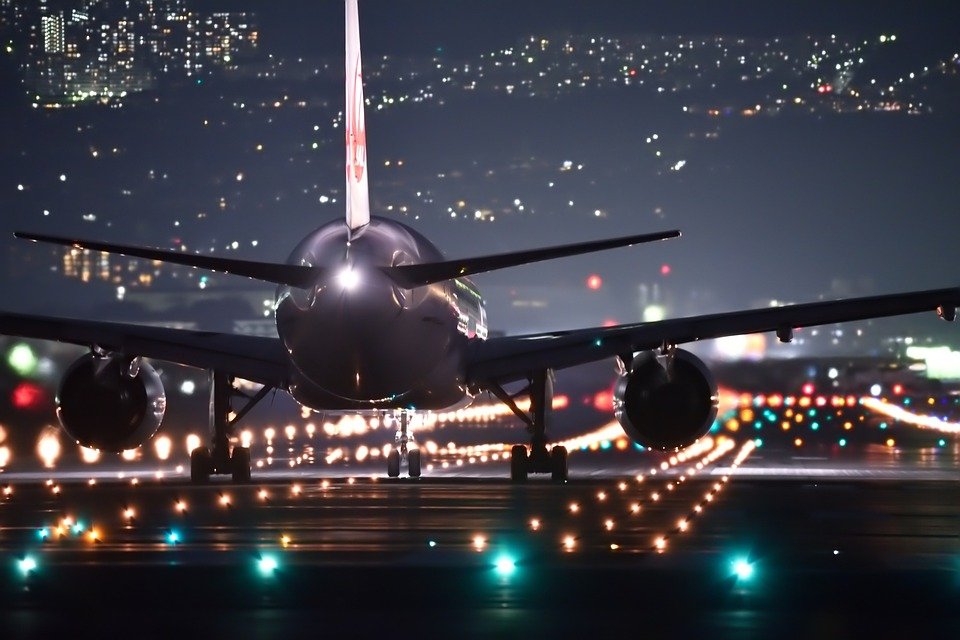
Summer approaches and the holiday period will arrive soon. And that is when we ask ourselves if flying after an eye surgery could have consequences for our vision.
After some ocular interventions, and due to the pressure changes that we undergo when flying, catching an airplane could affect the vision. Each intervention has its risks and, therefore, it is important to always follow the doctor’s recommendations. In case of doubt, you should always ask your doctor.
When there is a detached retina, the ophthalmologist can advise to perform a vitrectomy. This exam consists of replacing the vitreous with a bubble that can be of gas, silicone or air.
If a gas bubble is injected, it is important not to fly until the ophthalmologist confirm everything is fine. The gas bubble could expand due to changes in pressure during the flight, and this could have serious consequences for the eye. Therefore, you must wait until the doctor has confirmed that the gas bubble is gone.
When there is a torn retina, the doctor can ask you to undergo laser surgery to repair the retina. This should not be a problem for flying. However, a torn retina can mean that liquid or gas is injected into the eye. In these cases, the ophthalmologist must confirm that everything is fine before taking a plane.
In cases of corneal transplant where a gas or air bubble is injected, it will not be possible to fly until it has been reabsorbed and the ophthalmologist confirms that everything is in order.
Usually, there is no problem of traveling by plane after this type of surgery, since the laser interventions are not affected by the pressure changes that occur during the flight. Between 24h and 48h after the intervention, the patient regains vision and can have a normal life. In case of doubt, you should ask for recommendations to your ophthalmologist surgeon.
There is no problem in flying 24 hours after having undergone a peripheral laser irridotomy (IPL), a trabeculoplasty or any other type of surgery for glaucoma. However, we recommend to ask your ophthalmologist before flying.
In principle, a cataract surgery would not pose any problems to fly. However, it is important that the ophthalmologist confirms that everything is in order. The patient must follow the post-operative advice and do the follow-up controls
In case the intervention has been complicated, you can travel by plane without problems, unless a gas or air bubble has been placed during the operation. In this case, you must wait for your ophthalmologist to confirm that you can fly.
There is no contraindication to fly in most cases after an intervention on the outside of the eye or eyelid (blepharoplasty, pterygium surgery or other external eye surgeries).
Of course, the patient must always follow all instructions established by the ophthalmologist, good eye hygiene must be kept and the eye and wound must be prevented from drying out during the flight.
If during the flight, you present symptoms such as red eye, blurred vision, flying flies, intense eye pain or photophobia, you should consult the ophthalmologist urgently.

Contact us or request an appointment with our medical team.